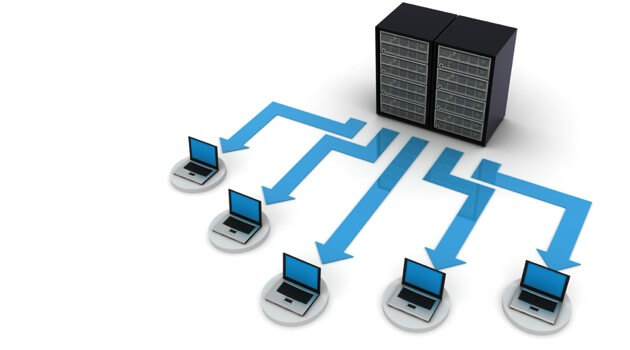CIO Perspective: Assess Your E-mail System
E-mail is the established business communication system and it is here to stay for a long time to come. Although almost all businesses of all sizes depend on e-mail communications, I still see in my consultancies that many companies do not give it the attention it deserves. The interesting thing is, most of the executives see email as a mission critical application, in some organizations email is also a way of systems integration (having an application send email to a certain mailbox and then processing the mail contents) but the disaster and business continuity plans do not include emails. Company executives think that their company email is there to stay forever, without doing anything on their side. The first thing in your assessment should be including email in every scenario – backup, continuity, disaster recovery etc..
Next, think about the technical details. What should be the email retention policy? The first item that governs the email retention time is the legal requirements. If the laws dictate that the minimum retention time for emails is 5 years, you cannot set a lower retention time. Second, keeping emails is important to internally to help clear communications. Third, an organization may be required to hand out past employee emails to the court, that are required by another legal case. And this case may have nothing to do with your company. During my consultancies, I have seen companies with many e-mail retention approaches. One company gave the employees 150 MB of mailbox (that is correct) as a worldwide IT policy but keeping all the employee emails on the corporate HQ. That way, the company was able to cut storage costs in every country office yet was able to deliver all the emails (from the HQ). Another company allowed Exchange mailbox quotas for all employees but provided infinite retention times on the archiving system. Employees could delete emails and archive shortcuts from their Exchange mailboxes, but were not able to delete them from their archives.
RELATED: Flipboard for the Web…Finally
Retention times are closely related with “deleted items.” As a newbie consultant, I was shocked to see people using “deleted items” folder as their personal email backup (later on I found out that the Recycle Bin was the backup folder for their documents). Some email archiving and some backup programs do not include deleted items folder in their default configuration. It may easily turn out to be the deleted items folder is a personal backup folder, which is not backed up nor archived. When assessing your email system, make sure that all the employees know that their deleted items folder will keep only a certain period of emails – say last 15 days – and the older items will be permanently deleted.
RELATED: Spam Assassin – Your Savior From Spam
All of these bring the question of whether keeping an email server in the corporate data center or outsourcing it to the cloud. For small and medium sized businesses, keeping an email and archiving system could be more costly than outsourcing it, even in the long run. IT managers should compare the various buy vs. outsource options and see if the cloud is a viable option. This may even come to a point that moving your office applications to the cloud may prove to be cheaper than hosting them in your data center. In the current business environment, where companies choose to focus on their core businesses and outsource all the services, email should be evaluated very carefully.
Email is not just a technical issue from the business perspective. IT has its technical requirement such as quotas, archiving systems, allowed devices and the Human Resources has its email policies. I believe that organizations should have clear email use policies and the employees should be reviewed at least twice a year for their email uses. And the improper email (and other communication means as well, such as instant messaging) uses has to have corresponding sanctions. Using communications infrastructure for mobbing, bullying and threatening both inside and outside the organization is plaguing almost every enterprise. When assessing your email system, think about the HR policies as well.
RELATED: Converting Visitors Into Customers
When talking about HR policies, the employees should well understand that the company email is corporate property. This is not against the privacy or the right for free speech as one may argue about. Company email also cannot be used as personal email. All emails should represent the company, rather than the individual sending it. Your assessment on the email system should check whether these policies, including consistent out-of-office messages, best email use practices are included in HR’s employee training program and reinforced during training sessions as well.
As you would see clearly, corporate email is not a simple email server sending and receiving electronic mail, but rather a big part of the whole communications infrastructure that involves IT and HR departments in the first place, and spanning through the whole enterprise.




